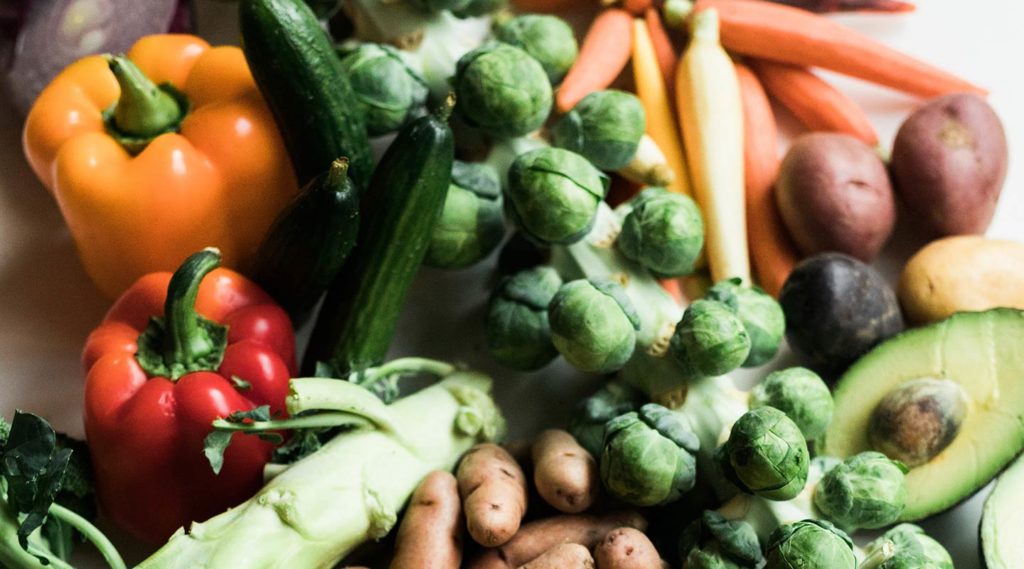
by Stephanie Margolis, R.D.
You’re enjoying a nice walk with your family, when all of a sudden you take a little stumble and feel that little pull in your ankle. Oof! Sprained ankles are the worst! When this happens on the outside you may not see anything immediately, but inside the body your immune system senses the injured ligament, releases white blood cells to the site, and they do their work to repair your body. During the repair time you may notice your ankle becomes swollen, tender to touch, and maybe even red. All of these are signs of inflammation, which is exactly what you want to happen. If your body wasn’t able to react in this way you wouldn’t be able to heal correctly.
However, there’s another type of inflammation, an invisible form that can show up as fatigue, mouth sores, joint pain, rashes, or even chest pain. This is often called chronic inflammation. It is when the body’s immune system is stressed and begins the inflammatory process on healthy tissues and organs (without injury like detailed above). There are several reasons the immune system’s “on switch” gets flipped, which we will discuss next. When we don’t take steps to fight the inflammation, or turn the process off, we start to see long-term effects on our health. These effects can present as unhealthy arteries, increased risk for developing certain cancers, damaged organs, chronic pain, and fatigue.
Note: The information listed below is not specific to breastfeeding or pregnant moms. For more nutrition guidance visit our pregnancy and breastfeeding nutrition articles.
The main reasons the body develops chronic inflammation are related to habitual lifestyle factors. These are the choices you make day-in and day-out that can slowly deteriorate your health. Studies have been able to narrow down the inflammation culprits to a few:
The good news about chronic inflammation is there are many things we can do to combat it, and most are found in our grocery aisles.
While it may take some time to increase your activity level or decrease your stress, adding anti-inflammatory foods to your diet can happen today. Here are some of the top foods to add to your meal plan, especially when you goal is to fight inflammation:
When you think about fighting or preventing inflammation think about foods that are colorful, unprocessed, and add variety in those choices.
Reducing inflammation doesn’t happen overnight. So while this article contains lots of “to dos,” find the easiest one for you to incorporate then add on from there. If you feel that certain foods are causing you inflammation (often in the form of bloating or other digestive concerns) you may want to start with an elimination diet. Remember, stress causes inflammation, so allow it to be on your radar but not causing additional angst.
We all love a quick smoothie for breakfast or midday snack. This one contains many ingredients that are going to boost your energy while also protecting the body from free radicals which cause inflammation. If you find you have little time to prep during the day, place the ingredients in your blender at night and store in the fridge, when you’re ready, give it a few whirls to puree and sip away! Grab our Anti-inflammatory Smoothie Recipe.
Turmeric is one of the most recent anti-inflammatory finds. The power of this spice to fight inflammation, prevent against certain diseases, and keep the brain healthy is being proven over and over in the research. With a little spicy taste this is a super versatile spice. Here’s a quick and easy way to get some inflammation fighting goodness on your plate. Grab our Turmeric Cauliflower Recipe.